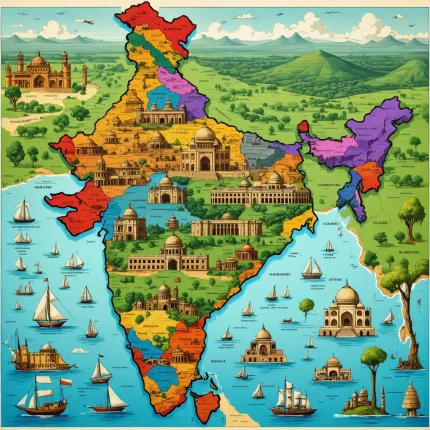Political Dynamics in States: Examine the political dynamics shaping India’s state governance in 2025.
Ever wondered, Bharat Ka Mukhyamantri Kaun Hai in 2025? As India continues its rapid evolution on the world stage, the governance of its individual states plays a pivotal role in shaping the
Cricket Betting Apps with Free Bets Features: Best Platforms for Indian Players. Review of cricket betting apps offering free bets and promotional offers.
Unlocking the Thrill of Cricket Betting Without Risking a RupeeImagine this: the crack of the bat, the roar of the crowd, and the adrenaline rush as your favourite team edges closer to victory.
Aviator Game Legality and Compliance in India: Betting Law Insights
Flying into the Legal Skies: What’s the Status of Aviator Game in India?Imagine you’ve just stumbled upon this thrilling online game called Aviator—it’s fast-paced, exciting, and promises a



